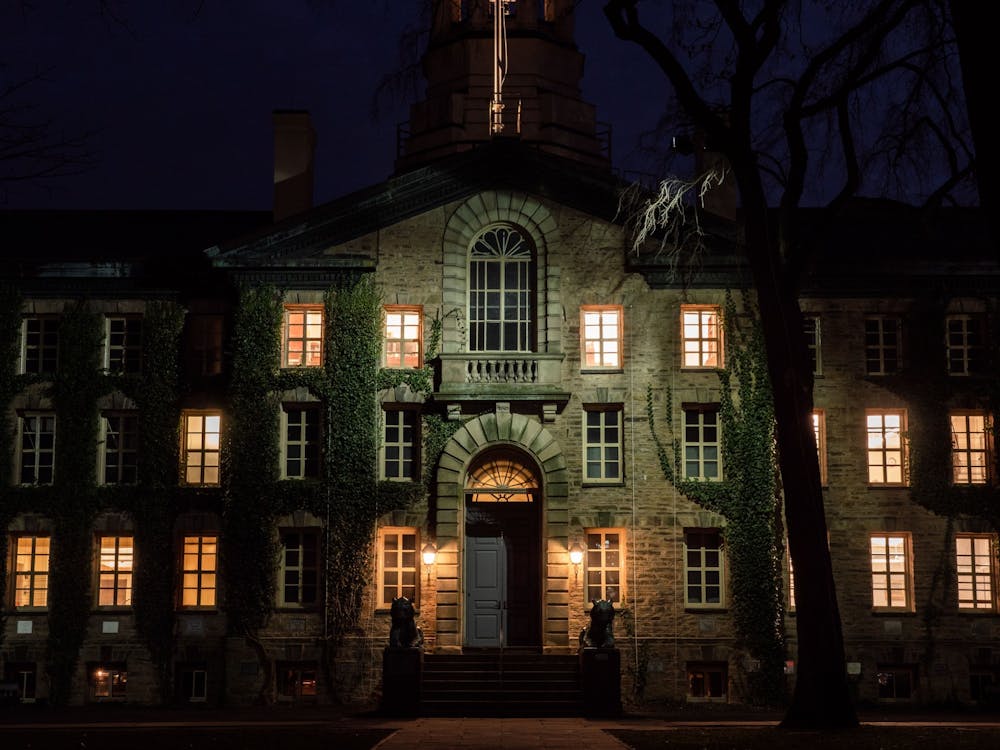The following is a guest contribution and reflects the author’s views alone. For information on how to submit an article to the Opinion Section, click here.
In this year’s Diversity, Equity, and Inclusion Annual Report, the University presents progress worth recognizing. The University reports higher levels of faculty and student diversity. Many of its affinity spaces had landmark anniversaries, bringing together alumni and students to celebrate the increasing heterogeneity of our campus community. All of this is news we should commend and utilize to frame conversations about the future of Princeton.
Yet, despite these successes, the narrative surrounding diversity, equity, and inclusion (DEI) leaves much to be desired. University President Christopher L. Eisgruber ’83 dedicates a large portion of his opening message to presenting DEI as an “investment” in building Princeton’s “talent.” He includes one extended anecdote:
“We saw the importance of [DEI] principles in October 2021 when five Princetonians received Nobel Prizes. Four of these laureates were immigrants to the United States and the fifth was a dual citizen. Their achievements remind us that supporting talent from all backgrounds constitutes a long-term investment in teaching, research, and innovation that benefits our country and the world.”
This narrative is a common one: promoting DEI translates into more opportunities for individuals to succeed and for institutions to thrive. While President Eisgruber may be attempting to laud the successes of diverse members of our community through this popular argument, the characterization misses the mark. Advancing DEI is a necessity for “scholarly and teaching excellence,” President Eisgruber mentions. However, it is more importantly a necessity in treating people with basic humanity and respect.
When we depict DEI as a mere “investment” and a step toward the accrual of meritocratic excellence, we imply it would not be a priority if it didn’t have value for the University’s wider goals. Actualizing DEI becomes a method for furthering aims of institutional success and prestige, as opposed to a value in and of itself.
The impacts of this popular messaging fall on the very community members DEI initiatives aim to center. Diverse students are made to “prove” the worth of DEI initiatives through the prizes we win and the recognition we accrue. This implication feeds into the well-documented “model minority myth” in American society. This exceptionalism is one of the many pressures making it difficult to thrive at Princeton as a marginalized student. When diverse students are reminded of their status as “investments,” they become tokens with expectations of greatness placed on them.
The phrase “DEI” has an implicit connection to the crucial idea of “belonging” — the ability for all of us to thrive and feel like valued members of the Princeton community. When we make our DEI initiatives conditional on their benefits for the University’s aims, as opposed to students, staff, and faculty themselves, we make “belonging” conditional on what diverse people can bring to the table. We will not all be Nobel Prize winners, yet we all deserve to study, learn, live, and belong at this institution. Our strengths not only lie in cutting-edge scholarship or tokens of merit, but in the conversations we have, the perspectives we add, and the roles we play as community members.
What if we didn’t focus on the accolades, but instead on quantitative data measuring belonging and qualitative stories of community on campus? What if DEI wasn’t a strategic investment but a reaffirmation of Princeton’s dedication to being in the “service of humanity?” What if we framed DEI not as a quest for institutional merit, but as a necessary, historic reckoning our University is excited to lead?
The sensitivity and complexity of DEI demand nuanced messaging that re-affirms belonging. Already, we can see possibilities for its development. Michele Minter’s message in the report aptly recognizes that we’ve “[held ourselves] accountable for systemic change.” This messaging, rooted in the value of DEI, is what we need more of. We can invest in diversity while recognizing that students, staff, and faculty are more than diversified investments in a portfolio aimed at maximizing acclaim. We can build an inclusive community through humility and humanity, and we can make a better Princeton when we celebrate our community members for being people — not fungible assets.
Uma Fox (she/they) is a first-year from Maryland. She can be reached at umafox@princeton.edu.









